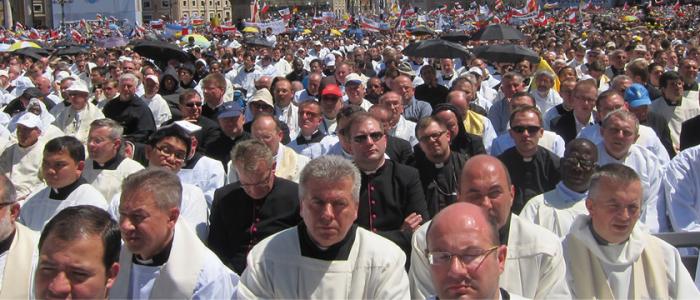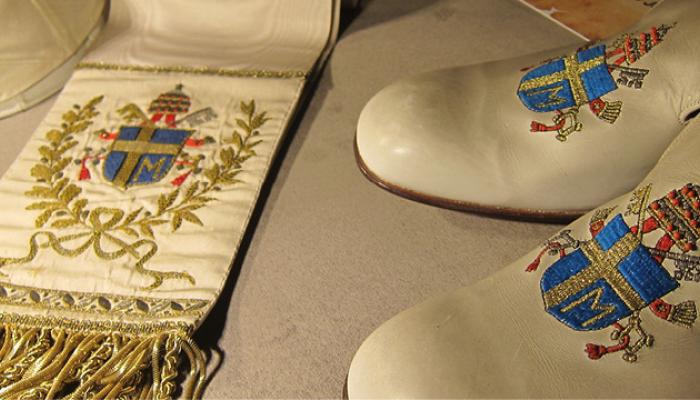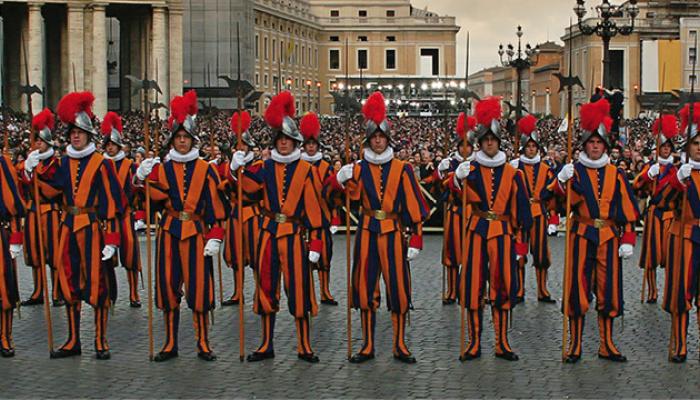
2.1 Qu’est-ce que l’Église ? Qui est dans l'Église ?
Jésus lui-même a institué l’Église, composée de la communauté de personnes qui veulent suivre Jésus afin de devenir saints et vivre éternellement avec lui au ciel. L’apôtre Paul a nommé l’Église « Corps du Christ » : Jésus en est la tête et les autres sont des membres ayant chacun leur place propre au sein de ce corps. De même qu’un corps a besoin de tous ses membres, chaque membre de l’Église est nécessaire à toute l’Église.
Les fidèles peuvent être répartis en trois grandes « catégories », chacune ayant une vocation spécifique dans l’Église :
a) les fidèles laïcs
b) les consacrés religieux
c) les diacres, prêtres et évêques
What is the origin and the fulfillment of the Church?
The Church finds her origin and fulfillment in the eternal plan of God. She was prepared for in the Old Covenant with the election of Israel, the sign of the future gathering of all the nations. Founded by the words and actions of Jesus Christ, fulfilled by his redeeming death and Resurrection, the Church has been manifested as the mystery of salvation by the outpouring of the Holy Spirit at Pentecost. She will be perfected in the glory of heaven as the assembly of all the redeemed of the earth. [CCCC 149]
What is the task of the Church?
The Church’s task is to make the kingdom of God, which has already begun with Jesus, germinate and grow in all nations.
Wherever Jesus went, heaven touched earth: the kingdom of God was inaugurated, a kingdom of peace and justice. The Church serves this kingdom of God. She is not an end in herself. She must carry on what Jesus started. She should act as Jesus would act. She continues the sacred signs of Jesus (the sacraments). She hands on Jesus’ words. That is why the Church, for all her weakness, is a formidable bit of heaven on earth. [Youcat 123]
The Spirit leads the company of believers to "form a community," to be the Church... One of the central purposes of mission is to bring people together in hearing the Gospel, in fraternal communion, in prayer and in the Eucharist. To live in "fraternal communion" (koinonia) means to be "of one heart and soul" (Acts 4:32), establishing fellowship from every point of view: human, spiritual and material. [Pope John Paul II, Redemptoris Missio, n. 26]





